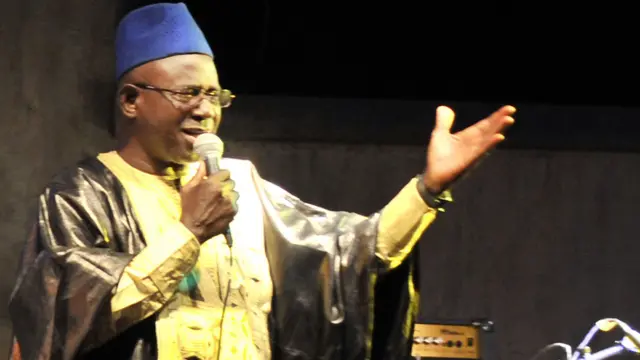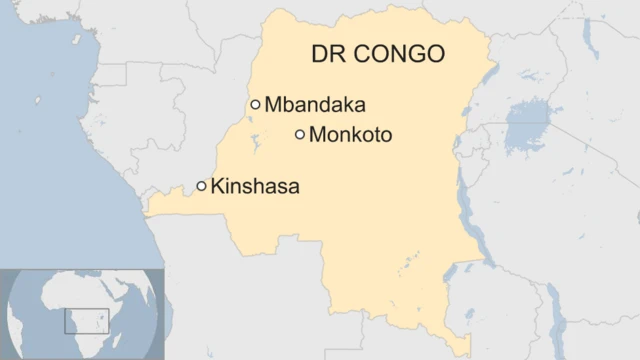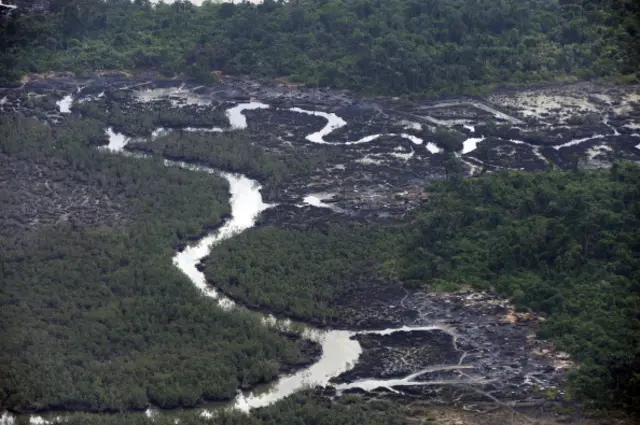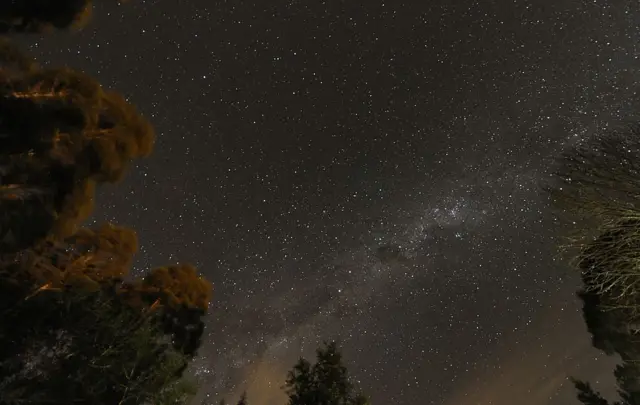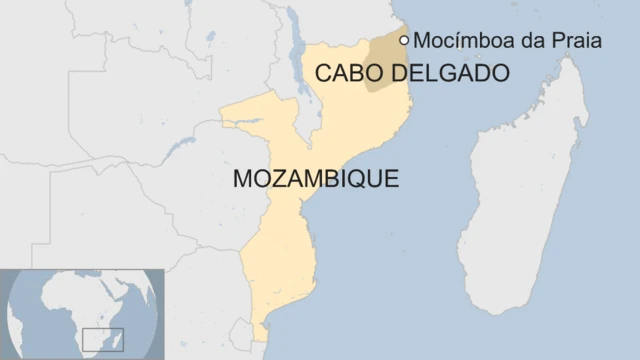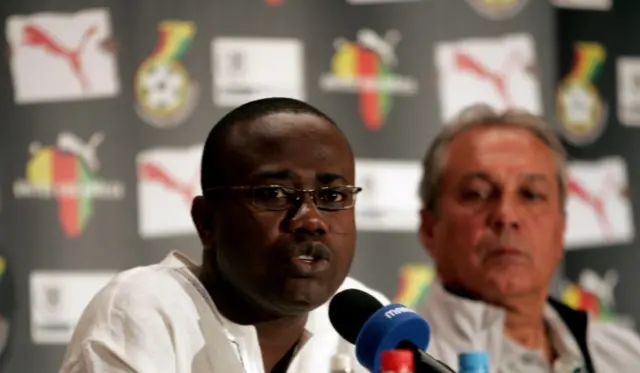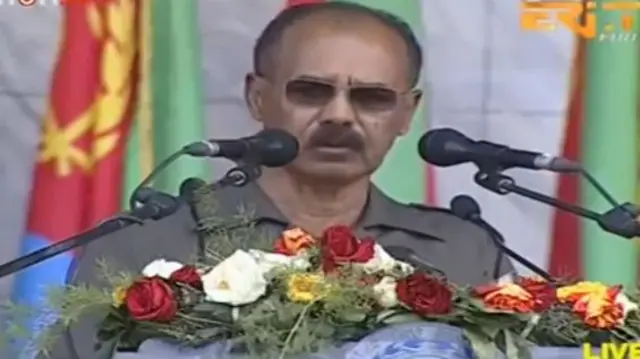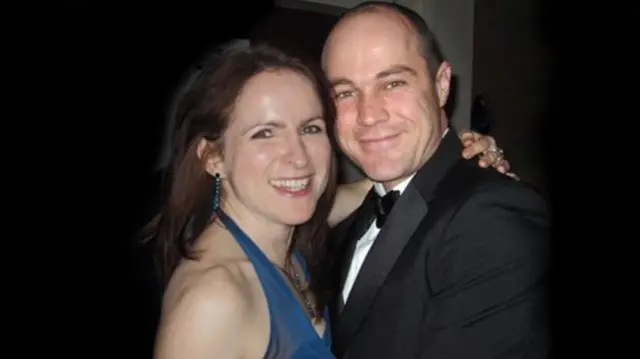Kenyan MPs probe $88m ghost supplies scandalpublished at 11:30 BST 25 May 2018
In Kenya, a parliamentary committee is holding a public hearing into an alleged corruption scandal in which at least 40 people are suspected to have been paid 9bn Kenyan shillings ($88m, £66m) for ghost supplies.
It is the second big scandal in two years to hit the National Youth Service (NYS), an initiative by the government to train young people in business and life skills.
We reported on Thursday that one woman is alleged to have been paid $587,000 for goods she did not supply.
Kenyans are using the hashtag #NYSScandal, external on Twitter to discuss the latest corruption scandal while others are using #TakeBackOurCountry, external to plan protests against the government.
A local TV station has shared a clip of the ongoing hearing where an MP berates a government official for dodging questions about the scandal:
Allow X content?
This article contains content provided by X. We ask for your permission before anything is loaded, as they may be using cookies and other technologies. You may want to read X’s cookie policy, external and privacy policy, external before accepting. To view this content choose ‘accept and continue’.
